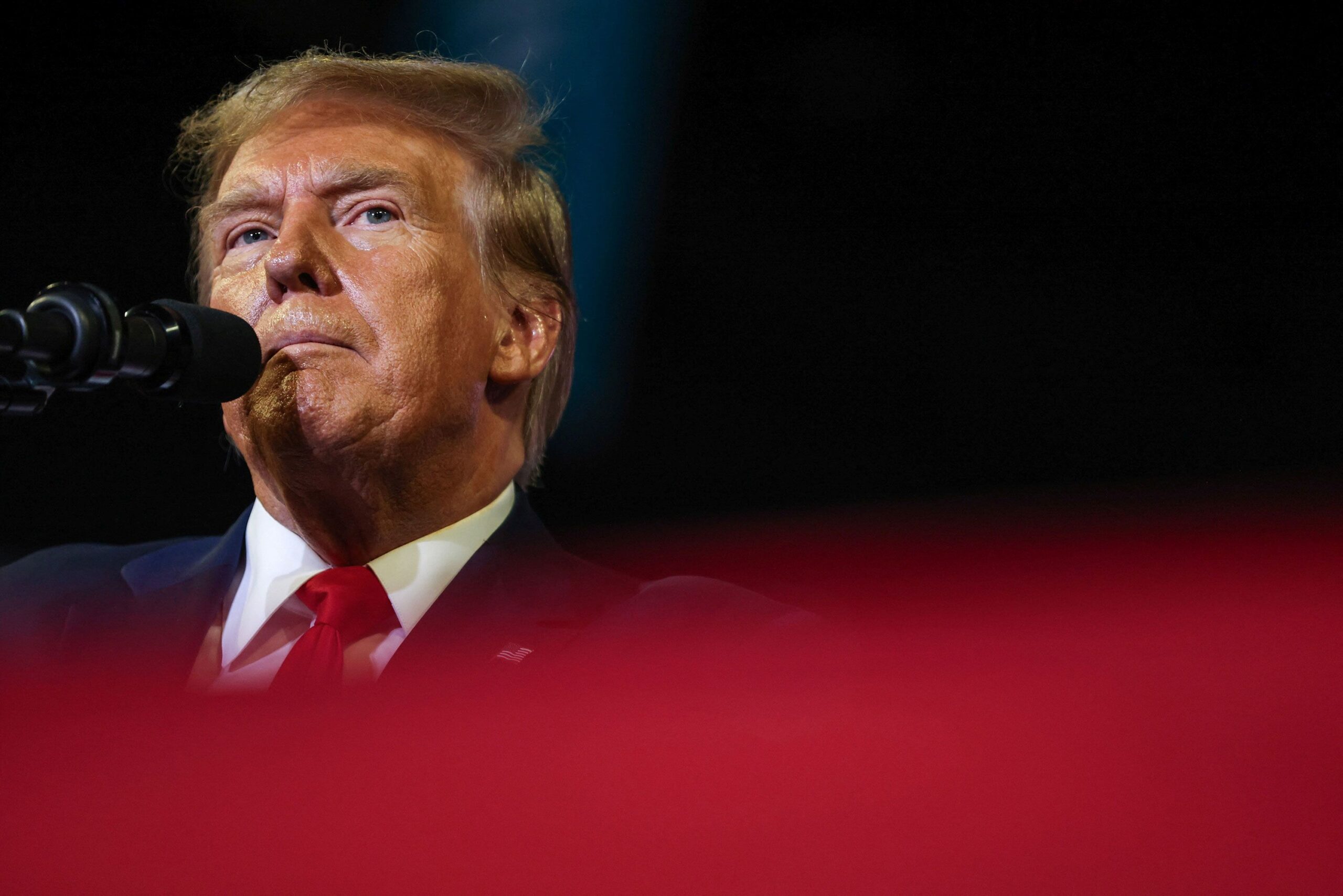In a shocking revelation, former President Donald Trump stated on Saturday that he would not uphold NATO’s collective defense clause if reelected. He suggested that he would allow Russia to act freely against any NATO member country failing to meet defense spending guidelines.
Speaking at a rally in Conway, South Carolina, Trump claimed that he had revitalized NATO during his presidency. He recounted a conversation with a leader of a major country, in which he stated that the US would not defend the country against a Russian invasion if they failed to meet their defense spending obligations.
The White House swiftly condemned Trump’s remarks, describing them as “appalling and unhinged”. A statement from White House spokesperson Andrew Bates highlighted President Joe Biden’s efforts to strengthen the alliance and emphasized the importance of maintaining the security of American citizens and upholding shared values.
NATO Secretary General Jens Stoltenberg and European Council President Charles Michel also expressed their concerns. Stoltenberg warned that Trump’s comments risked the safety of European and American soldiers, while Michel described the remarks as “reckless” and serving only Putin’s interests.
At the heart of NATO, as per Article 5 of the treaty, is the principle of collective defense, which asserts that an attack on one member nation is an attack on all. Trump’s recent comments are his most explicit indication yet that he would not defend NATO allies from Russian aggression if reelected.
Trump has long criticized the defense spending of other NATO countries compared to the United States and has repeatedly threatened to withdraw the US from the alliance. However, his understanding of NATO funding has been widely disputed. While NATO does recommend that each member country spends at least 2% of its GDP on defense, this is a guideline rather than a binding contract, and it does not result in “bills” for member countries.
Despite the controversy, Republican Sen. Marco Rubio, a Trump endorser, expressed no concerns about Trump’s comments. Rubio suggested that Trump was merely reflecting on his presidency and his efforts to encourage NATO countries to increase their defense spending.
Throughout his presidency, Trump has made several private threats to withdraw the United States from NATO, according to The New York Times. He has described NATO as “obsolete” and has shown alignment with Russian President Vladimir Putin, who seeks to weaken the alliance.
This story will be updated as more information becomes available.
Contributors to this report include Kaanita Iyer, Daniel Dale, Marshall Cohen, Veronica Stracqualursi, Jim Acosta, Kevin Liptak, and Martin Goillandeau from CNN.

